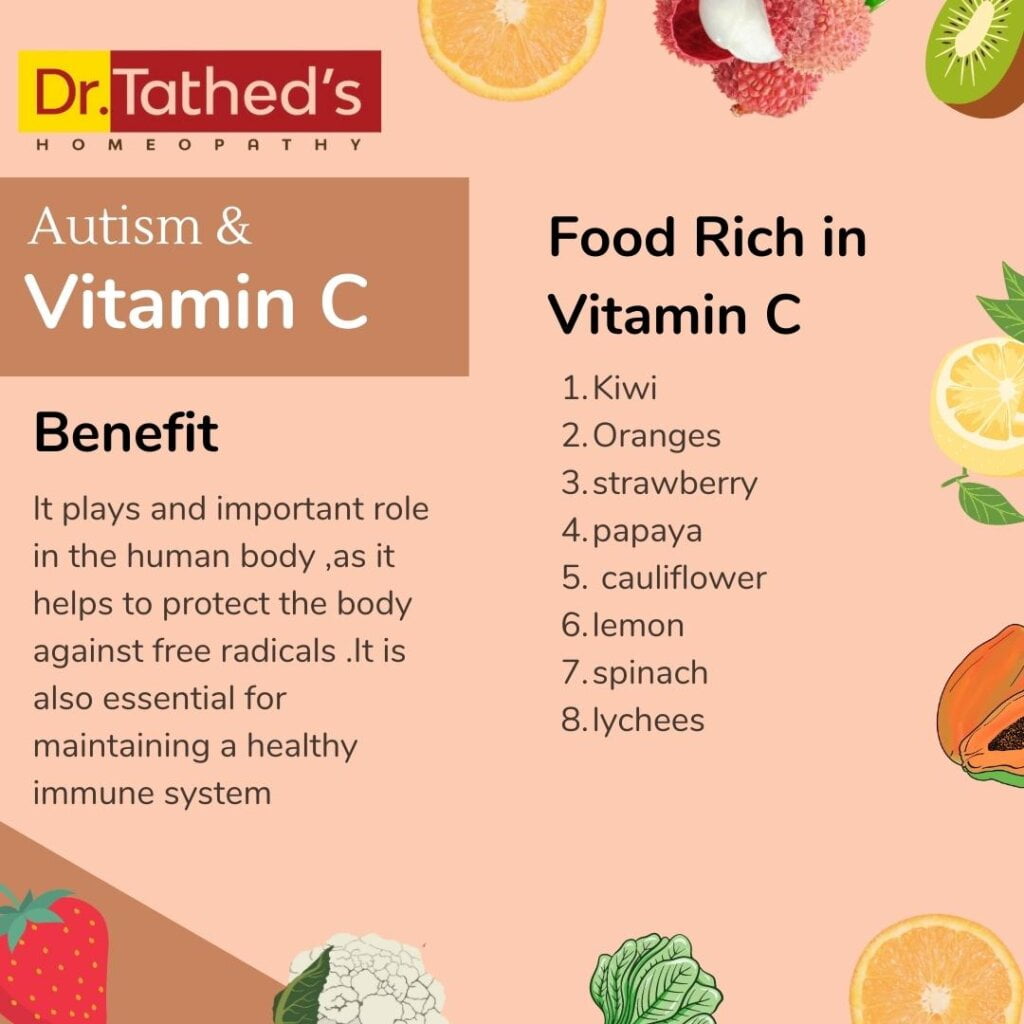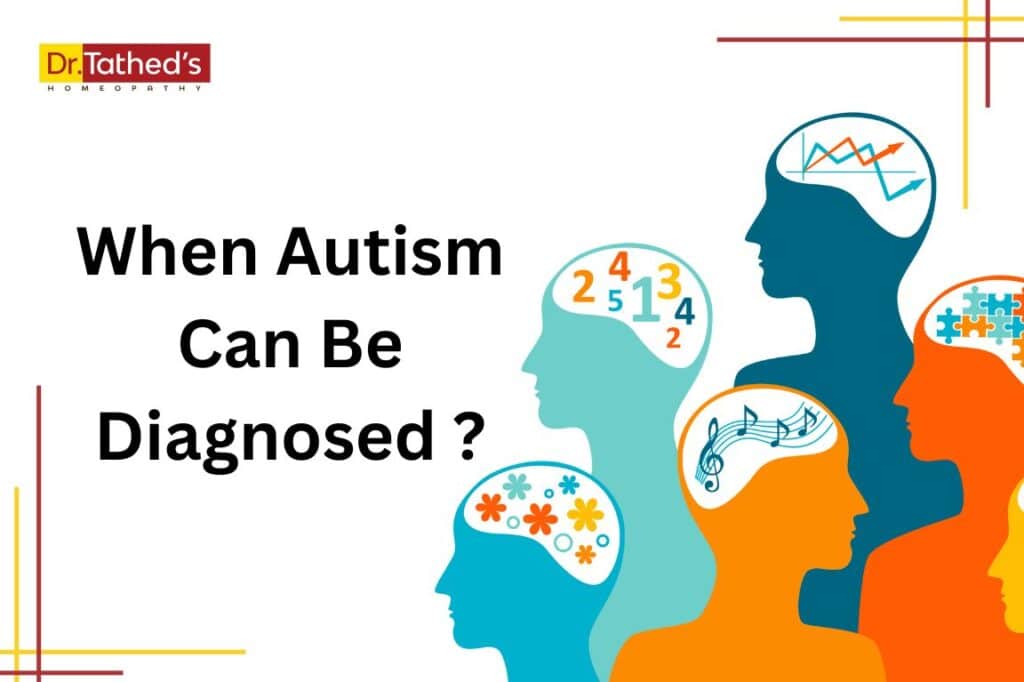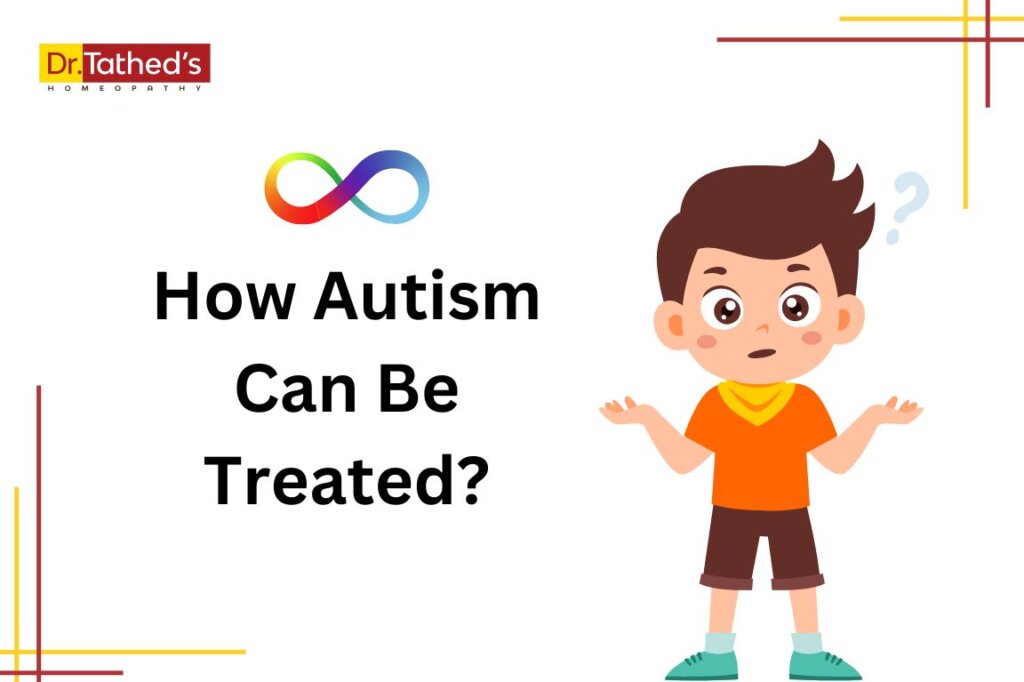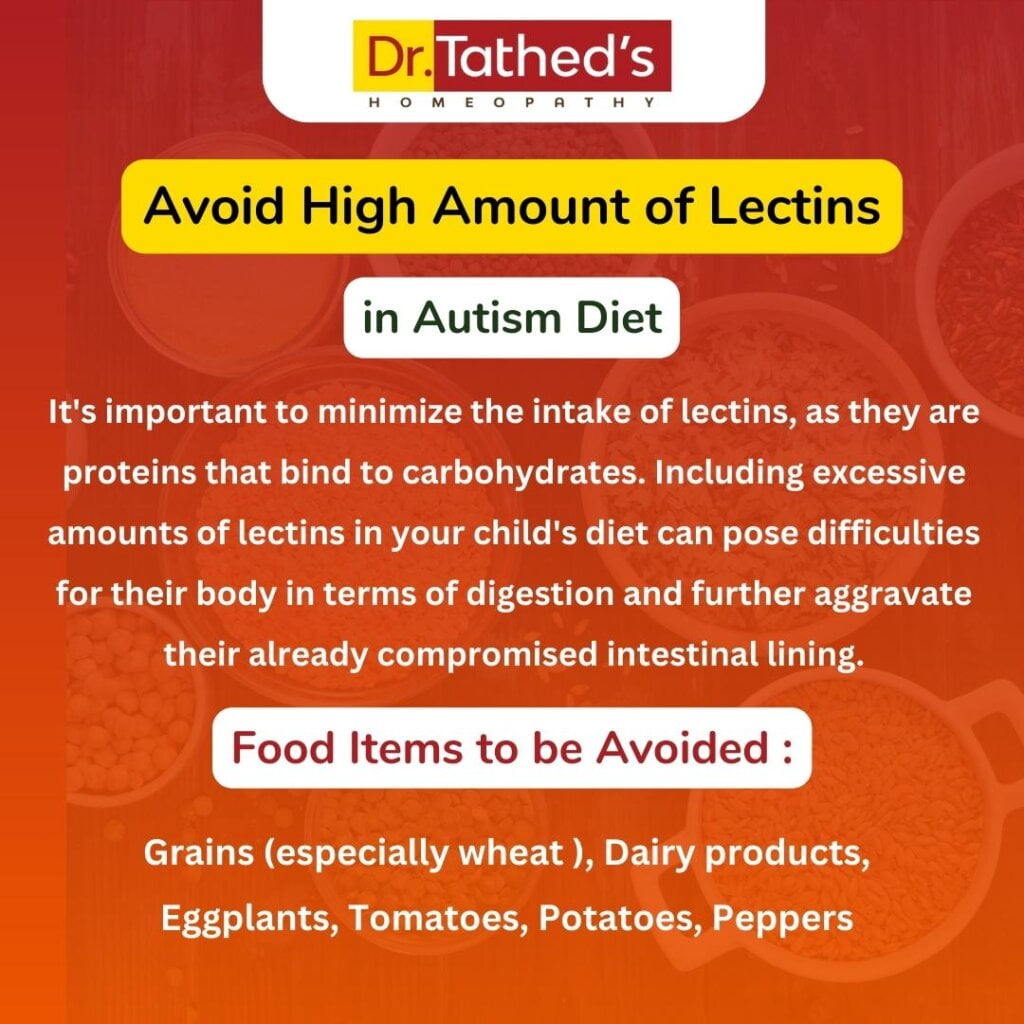Vitamin C and Autism
Autism is a complex neurodevelopmental disorder that affects individuals in various ways. While the exact cause of autism is still not fully understood, research suggests that both genetic and environmental factors play a role in its development. In recent years, there has been growing interest in the potential impact of nutrition on autism. One nutrient that has gained attention is Vitamin C, also known as ascorbic acid. In this article, we will explore the role of Vitamin C in the human body, its importance for maintaining a healthy immune system, and its potential connection to autism.
Understanding Autism
Autism, or Autism Spectrum Disorder (ASD), is a condition characterized by difficulties in social interaction, communication, and repetitive behaviors. It affects individuals differently, and the severity of symptoms can vary widely. People with autism may also have sensory sensitivities and exhibit unique strengths and abilities.
The Importance of Vitamin C
Role in the Human Body
Vitamin C is a water-soluble vitamin that plays a crucial role in various bodily functions. It is involved in the synthesis of collagen, a protein that helps in the formation of skin, tendons, ligaments, and blood vessels. Additionally, Vitamin C supports the absorption of iron from plant-based sources, which is essential for the production of red blood cells.
Protection Against Free Radicals
One of the primary roles of Vitamin C is its antioxidant properties. Antioxidants help protect the body against free radicals, which are unstable molecules that can cause damage to cells and DNA. By neutralizing free radicals, Vitamin C helps reduce oxidative stress and supports overall cellular health.
Maintenance of a Healthy Immune System
Vitamin C is known for its immune-boosting properties. It enhances the function of various immune cells and helps stimulate the production of antibodies. Adequate levels of Vitamin C are essential for maintaining a robust immune system, which is crucial for defending the body against infections and illnesses.
Food Sources Rich in Vitamin C
Including Vitamin C-rich foods in your diet is an excellent way to ensure an adequate intake of this essential nutrient. Here are some common foods that are excellent sources of Vitamin C:
- Kiwi: Kiwi is a small fruit packed with nutrients, including a high amount of Vitamin C. It also provides dietary fiber and other beneficial compounds.
- Oranges: Oranges are widely known for their Vitamin C content. They are delicious, refreshing, and can be enjoyed in various forms, such as fresh juice or as a snack.
- Strawberries: These sweet and juicy berries are not only a delightful treat but also a great source of Vitamin C. They can be added to smoothies, salads, or enjoyed on their own.
- Papaya: Papaya is a tropical fruit that contains a significant amount of Vitamin C. It is also rich in enzymes and antioxidants, making it a nutritious addition to your diet.
- Cauliflower: Apart from being a versatile vegetable, cauliflower is also a good source of Vitamin C. It can be roasted, steamed, or used as a low-carb substitute for rice or mashed potatoes.
- Lemon: Lemon is widely used for its tangy flavor and refreshing aroma. It is not only a rich source of Vitamin C but also provides antioxidants and aids digestion.
- Spinach: Spinach is a leafy green vegetable that offers numerous health benefits, including a good amount of Vitamin C. It can be enjoyed raw in salads or cooked in various dishes.
- Lychees: Lychees are small fruits with a sweet and fragrant taste. They contain a decent amount of Vitamin C and can be enjoyed as a healthy snack or added to fruit salads.
The Link Between Vitamin C and Autism
While research on the specific relationship between Vitamin C and autism is still ongoing, some studies have explored the potential benefits of this essential nutrient for individuals with autism. It is important to note that Vitamin C is not a cure for autism, but it may contribute to overall health and well-being.
Research suggests that individuals with autism may have higher levels of oxidative stress and inflammation in their bodies. As an antioxidant, Vitamin C may help reduce oxidative stress and inflammation, potentially supporting the overall health of individuals with autism.
However, it is crucial to consult with a healthcare professional before considering any dietary changes or supplementation for individuals with autism. Each person’s needs and responses may vary, and a personalized approach is essential.
The Final Word
Vitamin C is an essential nutrient that plays a crucial role in the human body. Its antioxidant properties, along with its involvement in collagen synthesis and immune function, make it a valuable component of a healthy diet. While the specific link between Vitamin C and autism is still being investigated, including Vitamin C-rich foods in the diet may have potential benefits for individuals with autism. As always, it is important to consult with healthcare professionals for personalized advice.
FAQs
No, Vitamin C cannot cure autism. Autism is a complex neurodevelopmental disorder with multiple factors involved. Vitamin C may have potential benefits for overall health and well-being, but it does not treat or cure autism.
Our experience in the impact of Vitamin C supplementation on autism symptoms is very good. It is essential to consult with healthcare professionals before considering any dietary changes or supplements for individuals with autism.
Excessive intake of Vitamin C can lead to digestive discomfort, such as diarrhea and stomach cramps. It is generally safe when consumed in moderate amounts from food sources, but high-dose supplements may have risks for certain individuals. It is advisable to follow recommended dietary guidelines and seek professional advice.
Vitamin C is generally considered safe for individuals with autism. However, it is recommended to consult with healthcare professionals before making any significant dietary changes or introducing supplements.
There is ongoing research on the potential impact of various nutrients on autism. Some studies have explored the roles of omega-3 fatty acids, vitamin D, and probiotics. However, it is essential to consult with healthcare professionals for personalized advice and recommendations.




